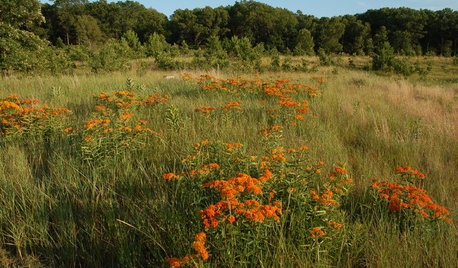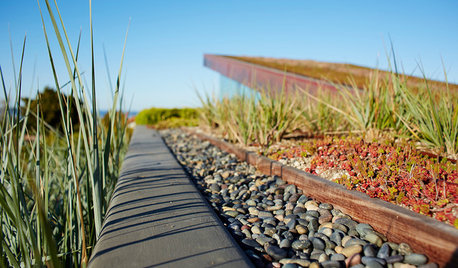Mulch alternatives for mold avoidance
Betsey Thompson
11 years ago
Featured Answer
Comments (17)
lazy_gardens
11 years agojrmckins
11 years agoRelated Professionals
Simpsonville Landscape Architects & Landscape Designers · Cottonwood Landscape Architects & Landscape Designers · Oconomowoc Landscape Architects & Landscape Designers · Norwood Landscape Contractors · Wilmington Landscape Contractors · Burien Landscape Contractors · Canby Landscape Contractors · Lemoore Landscape Contractors · Overland Park Landscape Contractors · Palatine Landscape Contractors · Brookfield Decks, Patios & Outdoor Enclosures · Des Moines Decks, Patios & Outdoor Enclosures · Freehold Decks, Patios & Outdoor Enclosures · Norman Decks, Patios & Outdoor Enclosures · St. Louis Decks, Patios & Outdoor Enclosurestoxcrusadr
11 years agogardengal48 (PNW Z8/9)
11 years agohortster
11 years agoKimmsr
11 years agotoxcrusadr
11 years agogardengal48 (PNW Z8/9)
11 years agotoxcrusadr
11 years agoKimmsr
11 years agostrobiculate
11 years agoKimmsr
11 years agoblazeaglory
11 years agoKimmsr
11 years agotoxcrusadr
11 years agoBetsey Thompson
11 years ago
Related Stories

GARDENING GUIDESNew Ways to Think About All That Mulch in the Garden
Before you go making a mountain out of a mulch hill, learn the facts about what your plants and soil really want
Full Story
GARDENING GUIDESHow to Pick a Mulch — and Why Your Soil Wants It
There's more to topdressing than shredded wood. Learn about mulch types, costs and design considerations here
Full Story
GARDENING GUIDESThe Art of Green Mulch
You can design a natural garden that doesn’t rely on covering your soil with wood and bark mulch
Full Story
BATHROOM DESIGN5 Common Bathroom Design Mistakes to Avoid
Get your bath right for the long haul by dodging these blunders in toilet placement, shower type and more
Full Story
STORAGE9 Ways to Avoid a ‘Floordrobe’ in Your Bedroom
Repeat after me: The floor isn’t storage space for clothes! Tackle the ‘floordrobe’ effect with these smart tips
Full Story
MOST POPULARMeet a Lawn Alternative That Works Wonders
Carex can replace turfgrass in any spot, is low maintenance and adjusts easily. Add its good looks and you’ve got a ground cover winner
Full Story
LANDSCAPE DESIGN7 Low-Maintenance Lawn Alternatives
Turf isn't the only ground cover in town. Get a lush no-grass lawn with clover, moss and other easy-care plants
Full Story
ROOFS8 Alternative Roof Materials to Buck the Mainstream
Looking for something to raise your roof in the neighborhood? Consider synthetic tiles, recycled composite shingles, green roofs and more
Full Story
DECORATING GUIDESArchitectural Details Make All the Difference
Are you missing an opportunity to enhance your home with brackets, cabinet feet and moldings?
Full StorySponsored
Central Ohio's Trusted Home Remodeler Specializing in Kitchens & Baths
More Discussions








Kimmsr